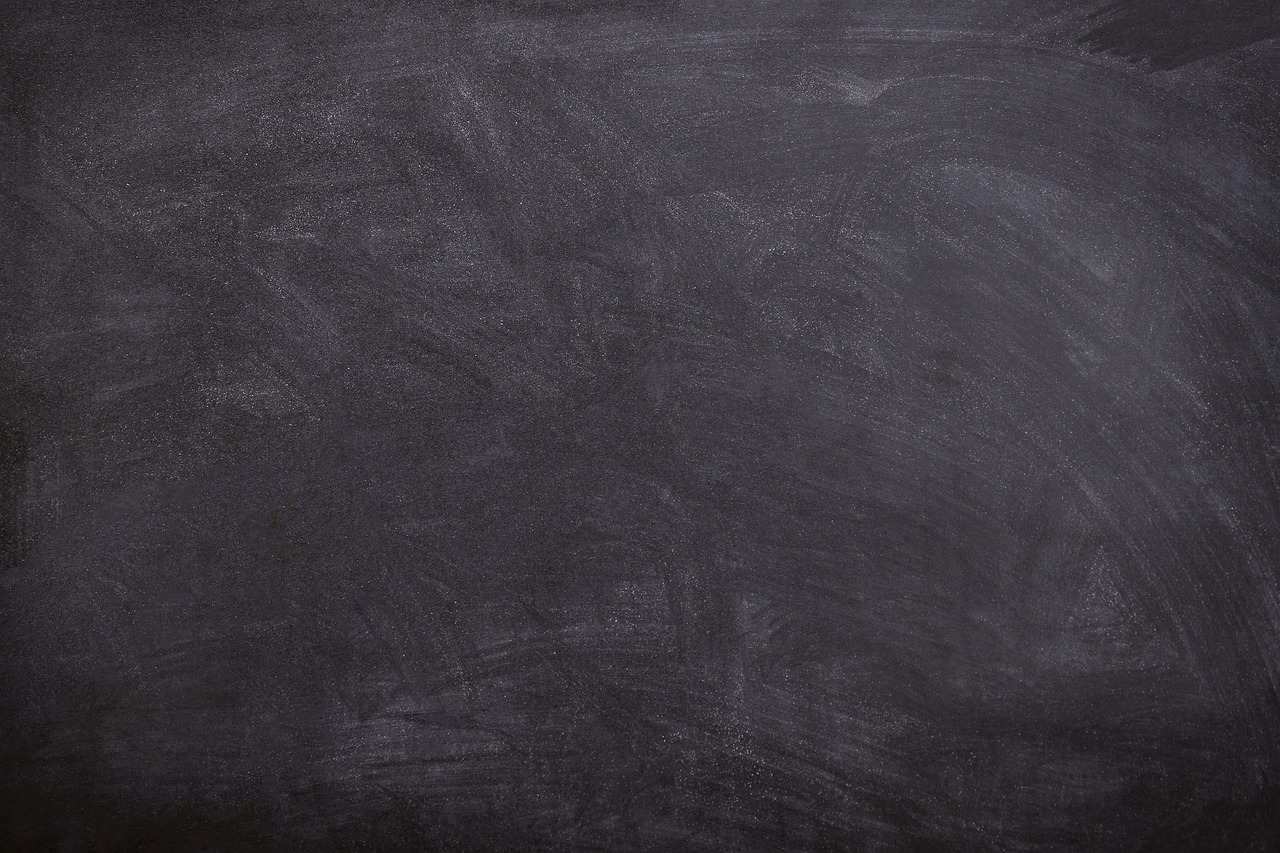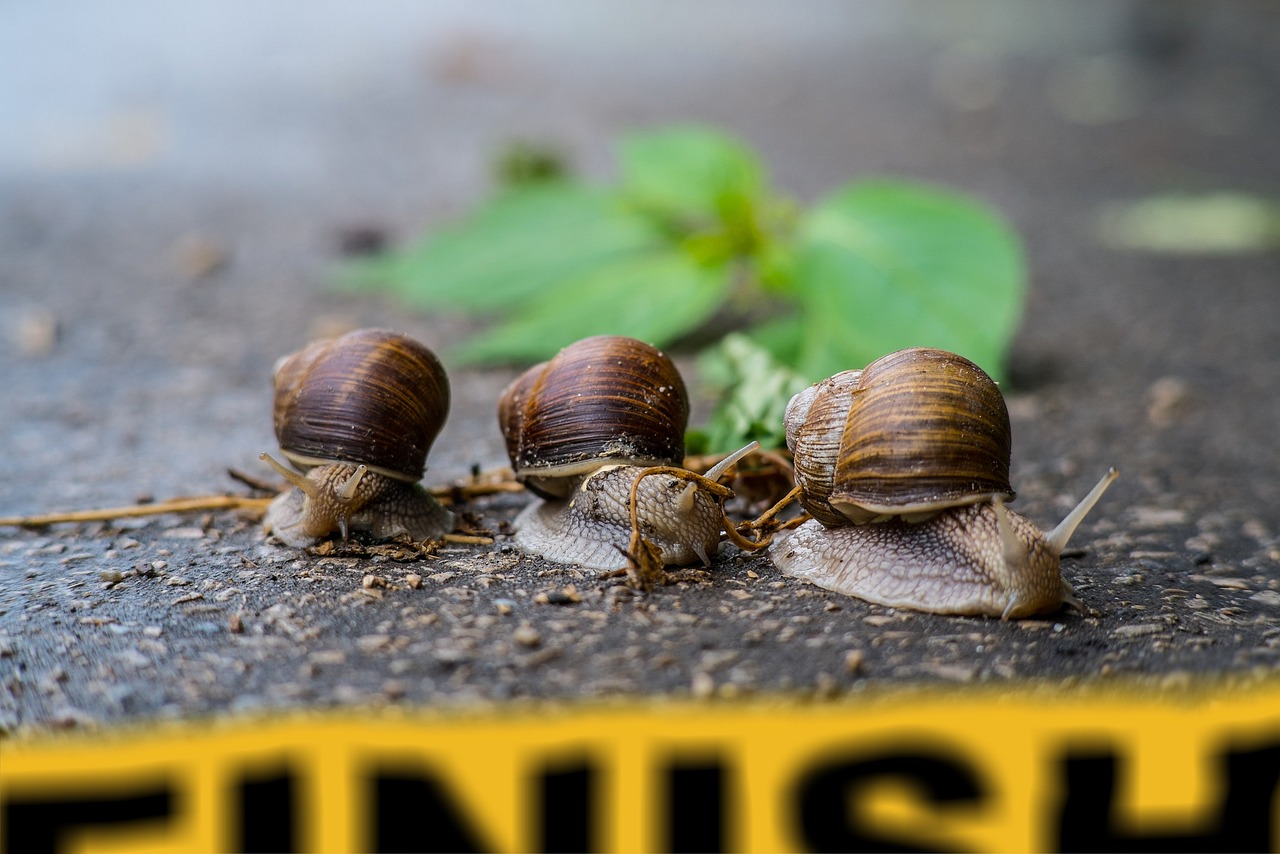Paying off debt is a gruelling process. It can feel like a never-ending journey that gets more arduous as time passes. I used to feel that way. The big difference between me and most people in debt is that I was homeless, unemployed and without an income and savings. Having $40,000 in debt made my situation worse.
I was determined to pay my debt as quickly as possible, so I made a plan. Having a plan made me excited, but executing it and seeing results motivated me to keep going. I did several things that helped me to expedite my journey of paying off debt.
The key to staying on the path to debt repayment is to pay it off as quickly as possible. The longer it takes, the more likely you are to feel despondent or possibly lose your income. In that case, you won’t have the funds to pay your debt, even if you want to.
Dedicate the Optimal Amount to Debt
Because I had been homeless before beginning my journey to pay off debt, I didn’t want that to happen again. So, the first thing I did was save for emergencies and six months of essential expenses—rent/mortage, utilities and food. In case I lost my income, I could pay the crucial expenses for survival until I replaced my income. I, also, could pay for a broken window or a burst water pipe from my emergency account.

Once I had that, I went all in on debt. I wasn’t happy with making the minimal payments; I wanted to pay more than that. But how? My income hadn’t increased, so the only thing for me to do was to reduce my expenses. That’s exactly what I did.
I made a cash flow statement of my expenses, analysed each of them and then reduced the essential expenses as much as possible and eliminated the unnecessary expenses such as takeouts, shopping and going out.
Paying more than the minimum monthly payment definitely helped, but I wanted to expedite the journey more. I needed to get rid of more expenses, so I looked at…
The Order of the Debt Repayment
There’s a reason that some financial gurus suggest that you pay off the smallest debt first and then move on to the second smallest. That’s because seeing results boosts your confidence, which motivates you to keep moving forward. I didn’t start with the smallest debt.
The first debt I paid was my car. A personal car is one of the biggest reasons that many people struggle financially. Many people opt for a car they cannot afford to show off and boost their own ego. The way to know if you can afford your car is to look at the payment method. If your car is financed, then you can’t afford it.
The easiest solution is to sell your financed car if you have equity in it. Preferably, you will have at least two or three thousand dollars left in cash after you sell it. That will enable you to buy a used Toyota or Honda, which are usually very reliable vehicles. The aim is to own a car, if absolutely necessary, without financing it. And the cash purchase should be only a few thousand dollars unless you are debt-free.
If you can use public transport and not have a car, then even better. Think about how much money you will have by not having monthly car payments, gas expenses, insurance and repair costs. That’s money you can dedicate to your debt pile.
Even once I became debt-free, I didn’t own a car for two years after that. I was focused on increasing my savings. When I finally bought a car, I paid $1,500 for a 2002 Honda. I had more money than that, but why would I risk it on a liability?
Not having vehicle finance and costs that come along with car ownership will catapult you towards the debt finish line.
One Success Leads to the Next One
After paying off my vehicle finance, I tackled the smallest debt. Paying it and ticking it off my list boosted my confidence. At that point, I had paid off two debts and still had a long way to go. It was easy for me to lose hope when looking at my biggest debt, which was a personal loan. I thought I’d never pay it off. The amount was too big, and my income was average. I thought it would take me ten years or more to pay it off. It took six.
Instead of focusing on the personal loan, I looked at my success and used it as a reference experience to carry on. I paid off my vehicle finance, credit card and store accounts. That’s three debts. Yay! I gave myself credit for committing to paying them off. But I still had a mountain to climb, and I felt exhausted just thinking about it.

What kept me going were two things: proof that I could pay off debt and my dedication to paying for the goods/services/money used. If I used it, I had to pay it back. It’s as simple as that. I had no excuses about the banks having lots of money and not needing mine. That was unacceptable. I borrowed their money, so I had to pay it back.
Use the small debt repayments as a foundation to carry on, and be an ethical person who pays for the money that you borrow. Pat yourself on the back for paying even the smallest debt. It’s a start, and you should be proud of yourself.
Once you pay off three or four different debts, you’ll really be energised to keep going.
Treat Yourself
Besides congratulating yourself on every win along the way, you should mark the occasion by buying something that you enjoy. It shouldn’t be anything lavish. It can be a takeout meal that you haven’t had since trimming your cash flow statement or a nice pair of jeans.
This action shows you that there is a reward after you pay off each debt. That should motivate you to seek the next reward, which will require you to pay off the next debt. I left my biggest loan for last, so I received several rewards along the way.
Honestly, my real reward was paying off each debt. It felt like the load on my shoulders lightened, and I had one less collection department harassing me. That, on its own, was a big enough reward.
Keep Your Head Down and Carry On
Once you get to the last debt, which is usually a house mortgage for a lot of people, looking at a twenty-year timeline to pay it off can be depressing. But remember, you have reduced your expenses, and the payments from the debts you’ve paid off will be dedicated to the mortgage. That already helps to expedite the repayment of the mortgage or whatever your last, big loan is.
Taking on this debt will require patience and discipline. Keep paying it off, and remind yourself that you’ve taken one step closer with each monthly payment. If you constantly fret about the outstanding balance, you’re likely to become demotivated. Just keep paying off the last debt without regularly revisiting the outstanding balance.
What I did to pay off my personal loan faster was that I built up my savings account throughout the years to be large enough so that I could pay off the remaining balance in one lump sum. Because I told the bank that I wanted to pay the remaining balance in one payment, they gave me a discount.
Aim to have a large savings account, even if it takes years to accumulate so that you can get a significant discount on paying off the remaining balance. Banks don’t like risk, so they’d rather accept a reduction of the outstanding payment than wait for you to pay them over many years. During that time, you could die, lose your income or decide to stop paying them.
CHECK OUT MY NEW BOOK — From Homeless to Debtless with Savings
READ NEXT: Rule No. 1 of Protecting Your Net Worth—Diversify





Leave a Reply